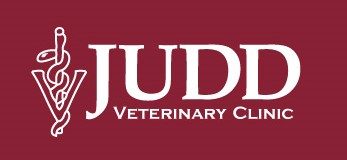Gastric Ulcers in Performance Horses
Stomach, or gastric, ulcers are also a problem in horses, and the syndrome is called equine gastric ulcer syndrome, or egus.
Foals that are sick or stressed are commonly affected by gastric ulcers. It has been reported that up to 90% of racehorses in training develop ulcers. However, the percentage of show and non-racing performance horses with ulcers was unknown until recently. A study was performed by the veterinarians at Iowa state involving 20 horses without ulcers. These horses were divided into two groups- one group stayed in their present environment while the other group was hauled to another site, kept in stalls, exercised twice daily, and then brought home. This hauling was to simulate taking your horse to a four-day weekend show. Results indicated that 70% of the hauled horses developed ulcers, whereas only 10% of the control group developed ulcers. This lets us know that a majority of the horses hauled to shows every weekend have gastric ulcers.
Gastric ulcers can cause many vague symptoms in the horse, including a decreased appetite, mild colic, and decreased performance. The best method to accurately diagnose gastric ulcers is for your veterinarian to look at your horse’s stomach lining with an endoscope. This is usually done at a referral institution as most equine vets do not have a long enough scope to reach the horse’s stomach.
There are a couple of options for treatment of gastric ulcers. The first and most effective is gastro guard, a form of omeprazole. This drug is given once daily for 28 days to heal ulcers that are present. Ulcerguard is the same drug but is 1/4 the strength of gastroguard and is used only for preventing ulcers before they occur. Many compounding veterinary pharmacies are selling compounded omeprazole for horses that is less expensive. However, this is illegal. More important is that the compounded products have been shown to be ineffective in treating ulcers. Another option is ranitidine. The disadvantage of this drug is that it must be given every 8 hours to be effective. Although less expensive, giving the drug three times daily is difficult. If you have a horse that is not performing up to par, gastric ulcers could be the cause.
